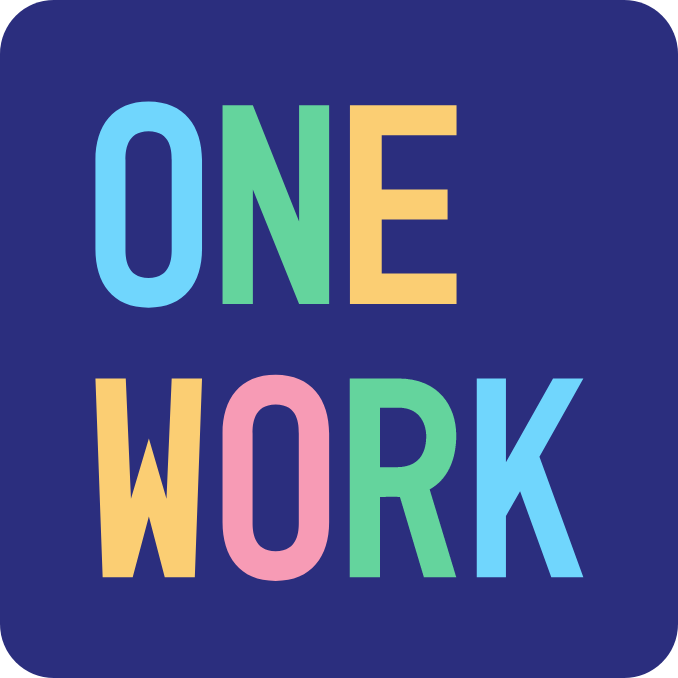This week, we're taking a look at some key updates in the mental health space.
Notably, the crisis hotline has a new number, 988, which will make it easier for people to get support when they need it. The change has already increased the number of calls by 45% in the first week, demonstrating demand and making clear that further investment is needed to staff it: one in six calls never made it to a counselor.
The pandemic has had an impact, of course. We've seen something of a renaissance (or should we simply argue naissance?) on the mental health front as people become more self-aware and the stigma around mental healthcare improves. So we are covering a couple of related effects today: the proliferation of online healthcare services, and the major increase in prescriptions for depression and anxiety.
Nearly one quarter of us are now using prescription drugs to manage our mental health. That in itself is alarming, but it was around 16% in 2019, indicating a sharp increase in prescriptions over the past few years.
Is it me, or is it beginning to look a lot like soma?
En garde, Tuesday.
- Greg (@gregrancourt)
In this issue:
- The crisis hotline gets a new number: 988
- Medicating our way through the pandemic
- Better mental health in a text message
- Find a meaningful career
This week's reads

988 is the New Mental-Health Crisis Hotline. Here's What to Know.
The 988 Suicide and Crisis Lifeline will dramatically expand the capacity of call centers to answer calls.

Patients are turning to apps for therapy. But do digital mental health startups really help?
People who have trouble getting in to see a therapist are turning to online providers that offer quick access. But there’s limited data on their effectiveness.

These are the signs that you're in a toxic work environment
Micromanaging bosses and little-to-no work-life balance are a couple of characteristics of a toxic work environment. Experts share how to handle it and thrive in your career.

The Age of Distracti-pression
The pandemic’s true toll on mental health won’t be known for a long time, but data from the past two years indicates a rise — some of it sharp — in prescription drugs for conditions like A.D.H.D. and depression.
Q&A with Cope Notes

Our mental health is complex, and it can be difficult to know where to start. When I came across Cope Notes while curating job opportunities, I was struck by their deceptively simple approach to improving mental health using text messages – particularly juxtaposed against the more traditional methods such as therapy and medication.
I reached out to Johnny and Molly to learn more about how they got started and why social impact is important to them – here's an excerpt of our discussion, and you can read the full interview on our website.
Greg: What problem is your company solving?
Johnny Crowder (Founder & CEO): Cope Notes’ mission is to help people understand and manage their mental health, reduce stigma, and make daily support easily accessible to communities and individuals living with or without a diagnosis. This is truly a matter of life or death to me as a founder - I grew up with multiple mental health conditions, and I had a lot of trouble adhering to treatment, understanding what was happening to me, and having hope for the future.
Greg: How does social impact change the way you do business?
Molly Levinson-Kroeber (Director of Operations): Understanding the impact that Cope Notes can have on society drives us and our mission. We are passionate about health equity and committed to providing daily mental health support to help everyone build better emotional and mental health habits. This mission drives us in all of our business and product decisions as we work to grow and be able to support more people every day.
You can visit the Cope Notes website to find a new job - they're hiring!
It gets better

Find your next job
Know someone looking for a meaningful career? Forward this email to them so they can subscribe for weekly job opportunities.
The Trevor Project
The Trevor Project is the world’s largest suicide prevention and crisis intervention organization for lesbian, gay, bisexual, transgender, queer, and questioning (LGBTQ) young people.
Director of International Growth - Remote
Salesforce Administrator - Remote
Vice President of People Operations - Remote
Associate Training Content Developer - Remote
Headspace
Headspace was started with one mission: to improve the health and happiness of the world.
Strategic Finance Manager - Remote
Principal, Brand Marketing - Remote
People Business Partner - Remote
Senior Software Engineer, Web - Remote
Crisis Text Line
At the intersection of empathy and innovation — the Crisis Text Line promotes mental well-being for people wherever they are.
Community Partnerships Coordinator - Remote
Senior Engineering Manager - Remote
Senior Software Engineer - Remote
Staff DevSecOps Engineer - Remote
Community Services Group
CSG was founded in 1972 with the goal of providing quality community-based intellectual and developmental disability (IDD) and mental health services in Central and Northeastern Pennsylvania.
Accounts Receivable Specialist - Mountville, PA
Clinical Coordinator - Spring Grove, PA
Licensed Practical Nurse / Registered Nurse - Steelton, PA
Outreach Specialist - Lancaster, PA
National Alliance on Mental Illness
NAMI, the National Alliance on Mental Illness, provides advocacy, education, support and public awareness so that all individuals and families affected by mental illness can build better lives.
Executive Director - Painesville, OH
Thanks for reading!
Join us on Twitter to continue the conversation – what are you doing to support your mental health?
Impactfully No. 2: There's a pill for that
This week, we're taking a look at some key updates in the mental health space. Notably, the crisis hotline has a new number, 988, which will make it easier for people to get support when they need it.
